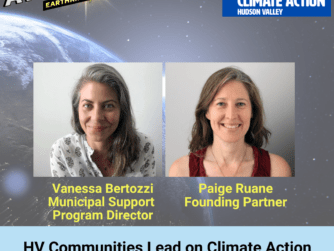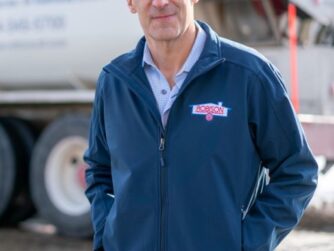Quantum Quote: “Save our soil in the hopes that the soil might just save us.” – Woody Harrelson
We all have to eat – but agriculture is something we often don’t think about And, even when we do, we don’t think much about how it affects our environment. But climate smart grants, carbon credits, and goals to become “net zero” have now made agriculture a hot topic in the mainstream media over recent years.
Sustainable agriculture provides a fast and direct path to the eco-friendly changes we want, and climate smart farming can create more resilient crops and healthier food.
But… did you know that smart farming practices can also play an important role in solving the climate crisis by taking carbon out of the air and sequestering it into the soil?
There are a plethora of contributions you can make, programs you can educate yourself on, and a change of lifestyle you can invest in. Switching to a climate-smart and organic agriculture provides benefits that have the ability to positively influence numerous environmental factors – and support the farmers who bring us our daily sustenance.
To be protected by Mother Earth, we must first love and take care of her through smart actions and eco-friendly changes. One of our first steps is in agriculture.
Dive in and learn more about climate-smart agriculture and the power, protection, and strength it brings – not only to the environment, but to you as well.
While Sara Waldner didn’t grow up on a farm, she’s been passionate about promoting the benefits of modern agriculture and educating others about the challenges that farmers face to feed our growing world for over a decade. Her advocacy began in high school with her involvement in FFA, the largest student-led organization in the country that prepares members for leadership and careers in the science, business, and technology of agriculture.
We’d like to hear from you! Please help us understand how AWESomeEarthKind can help you achieve your clean energy goals.
SuperNova #1. The most successful stories of farmers implementing these types of climate-smart practices on their farm often came from having a peer-to-peer connection with someone, whether that was through a different mentorship group,a program, a one-on-one connection that they already had, or attending different events and seminars that some of the soil conservation or soil health advocacy groups put on.
SuperNova #2. Farmers are business people first and foremost. And they need to be able to have the flexibility to adjust and refine practices on their operation as needed throughout the transition.
SuperNova #3. Rather than just focusing on soil health or carbon sequestered, it’s important also realize the many additional benefits that come with these practices, like improved biodiversity and soil nutrients, and improved water retention and quality. Erosion prevention increases yields over time because of the benefits of soil health. Because our soils are more resilient, you’ll be better suited to face the extreme weather events that we are all too familiar with these days.
The upcoming US Farm Bill this year is our best opportunity to create climate smart policies and support sustainable agriculture. Tell the Federal Government how you feel about farm health and the upcoming Farm Bill: https://www.agriculture.senate.gov/farm-bill-input
Connect:
- LinkedIn: https://www.linkedin.com/in/sarawaldner/
- ACT Now: Rural Investment to Protect our Environment (R1PE100)- Policy Platform: riperoadmap.org/take-action/
Today’s podcast is sponsored by EarthKind Energy Consulting. Find out how you can save money while reducing your carbon footprint with clean energy technologies by going to www.EarthKindEnergy.com.








